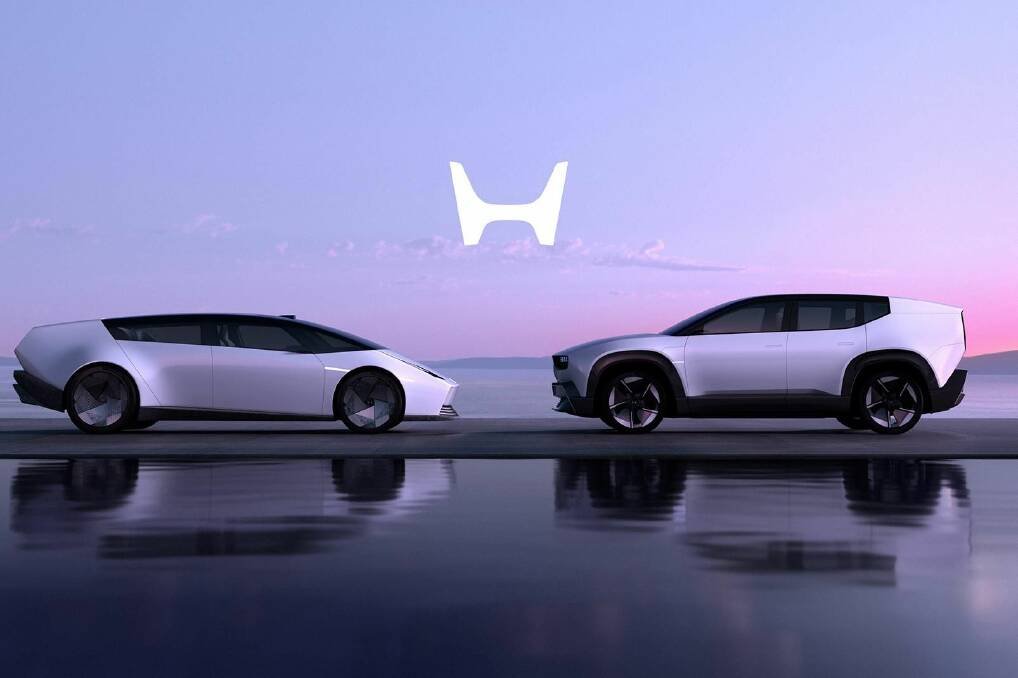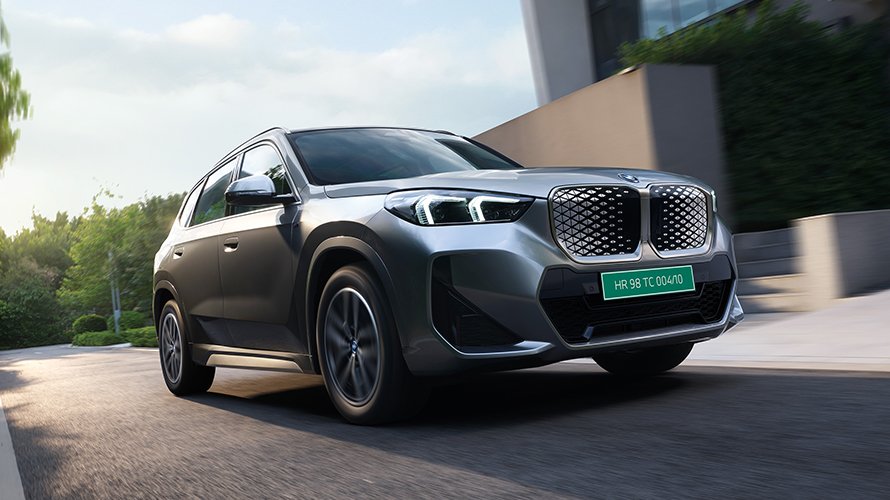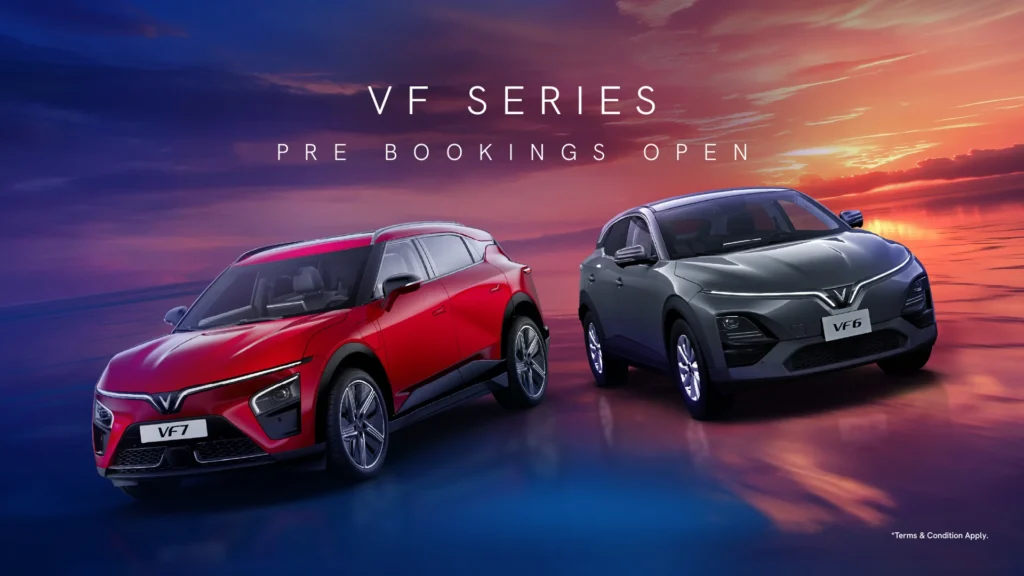Honda is set to make waves in the electric vehicle landscape with the world premiere of its innovative 0 Series prototypes at the upcoming Japan Mobility Show, running from October 30 to November 9 at Tokyo Big Sight. This bold showcase signals the Japanese automaker’s pivot toward affordable EVs, expanding beyond its longstanding emphasis on hybrid technology to capture a slice of the burgeoning global market. Following the event, Honda plans to roll out these vehicles across key regions, including Asia, North America, and Europe, positioning itself as a formidable contender in the shift to sustainable mobility.
At the heart of the 0 Series philosophy are three core principles dubbed “Thin, Light, and Wise,” which challenge the industry’s norm of bulky, heavy electric cars. Honda envisions sleeker, more aerodynamic designs that prioritize weight reduction and intelligent features, promising enhanced efficiency and driving dynamics without compromising on space or performance. The lineup will initially feature a sleek sedan and a versatile mid-size SUV, with the SUV slated for earlier international availability to meet surging demand in the crossover segment. The sedan, meanwhile, is expected to follow in subsequent phases, allowing Honda to fine-tune market responses.
A standout feature across the 0 Series is its integration of Level 3 autonomous driving capabilities, enabling hands-off operation in predefined scenarios—a technology still scarce even among high-end luxury marques. This advancement underscores Honda’s commitment to “Wise” innovation, blending cutting-edge AI with human-centric design for safer, more intuitive journeys. Underpinning these vehicles are novel compact electric motors positioned low in the chassis, which not only boost interior spaciousness but also refine aerodynamics for superior range and handling. Entry-level models will pack a 245-horsepower rear-wheel-drive setup, delivering spirited acceleration for everyday use. Higher trims escalate with dual-motor all-wheel-drive configurations, enhancing traction across varied terrains and appealing to performance-oriented buyers.
For the Asia-Pacific region, where electric adoption is accelerating amid government incentives and urban growth, Honda is tailoring a dedicated offering: a compact electric SUV derived from its popular Elevate platform, targeted for a 2026 launch. Priced competitively at around ₹18 lakh (approximately $21,500), this model aims to square off against heavyweights like the Hyundai Creta Electric, Tata Curvv EV, and MG ZS EV in the hotly contested mid-size segment. Honda’s strategy reflects a nuanced understanding of regional nuances, opting for a more accessible powertrain and feature set suited to price-sensitive consumers. Moreover, with potential subsidies in select Indian cities slashing up to ₹1.5 lakh off the sticker price, the effective cost could dip to as low as ₹16.5 lakh, amplifying its appeal and potentially disrupting the market equilibrium.
This Asia-specific EV builds on the broader 0 Series blueprint but incorporates localized adaptations, such as optimized battery sizing for regional charging infrastructure and compliance with varying emission standards. Analysts see it as a pragmatic move, leveraging Honda’s manufacturing footprint in India—via its joint venture with Maruti Suzuki—to streamline production and distribution. “Honda’s dual-track approach—global flagships from the 0 Series and market-tuned variants—demonstrates a sophisticated grasp of electrification’s fragmented landscape,” observed an industry expert.
The Japan Mobility Show debut couldn’t come at a more opportune moment for Honda, as it grapples with intensifying competition from Tesla, BYD, and legacy rivals like Toyota and Volkswagen. Long a hybrid pioneer with icons like the Accord and CR-V, the company has faced criticism for its slower EV ramp-up. Yet, with the 0 Series, Honda is reasserting its engineering pedigree, targeting sub-$40,000 pricing for base models to democratize access to zero-emission driving. Early prototypes hint at ranges exceeding 300 miles on a single charge, bolstered by efficient e-axle tech and recyclable battery chemistries aligned with circular economy goals.



